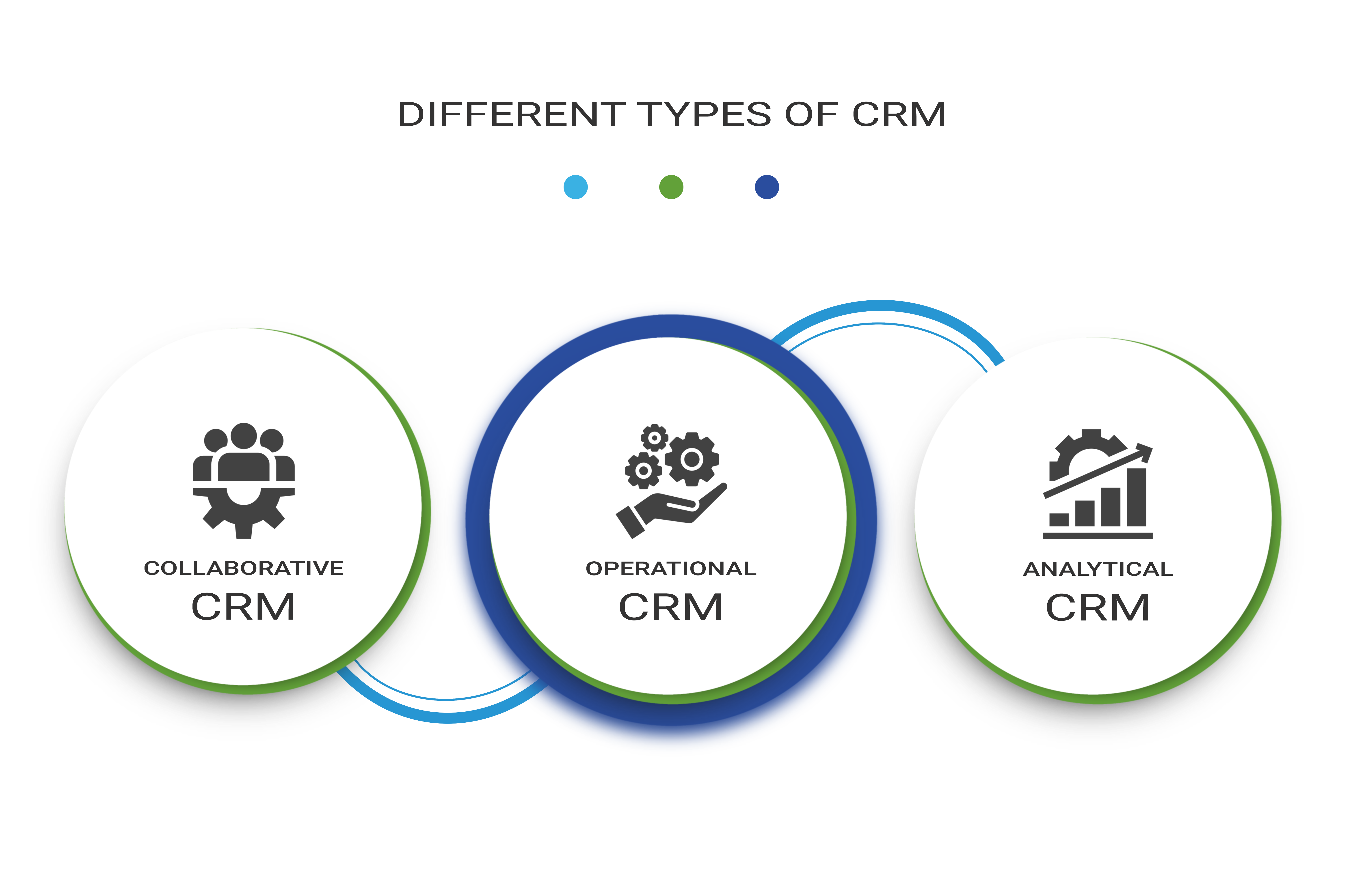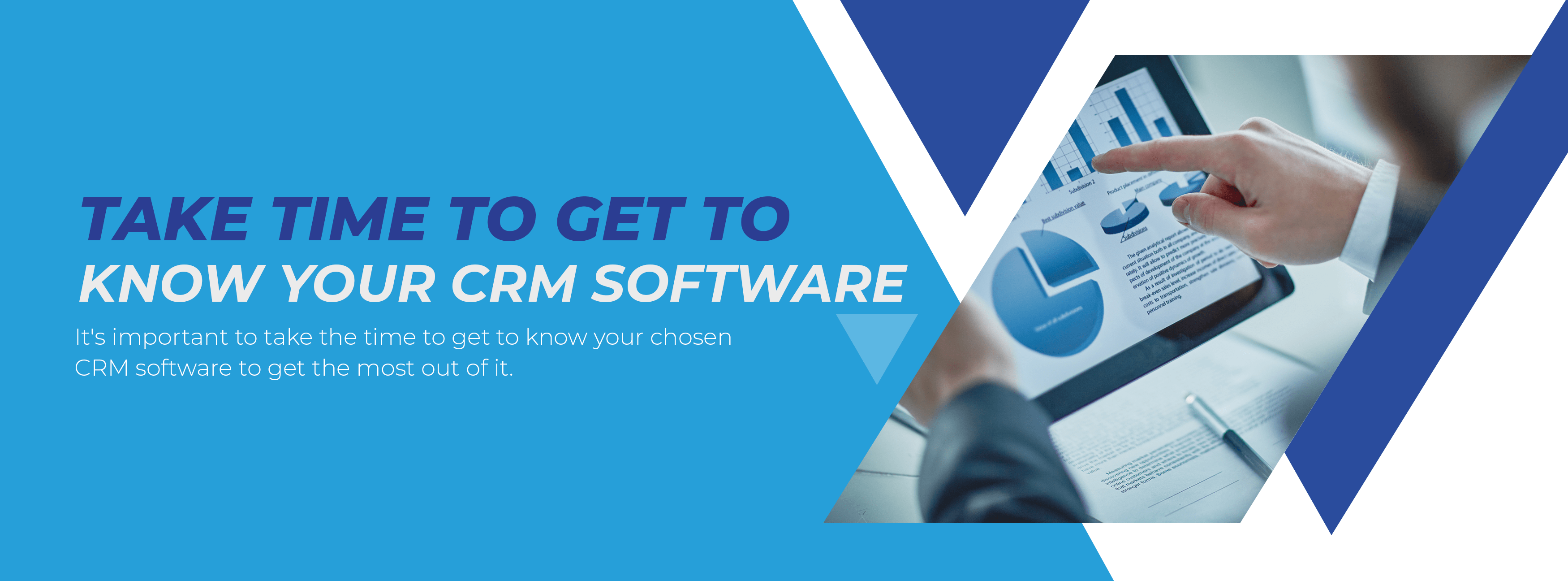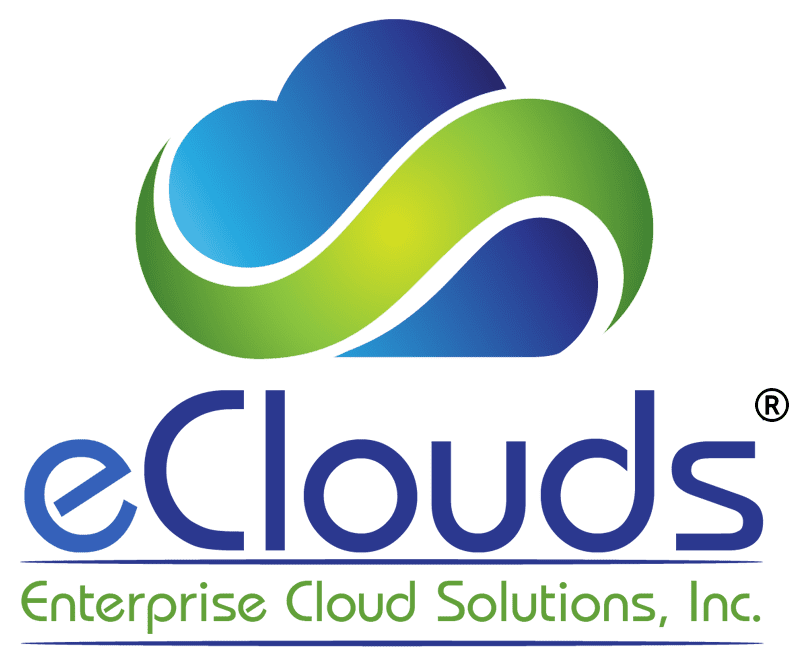10 Most Common CRM Implementation Challenges that You Must Be Aware Of
What is CRM?

What are the Different Types of CRM?

Collaborative CRM
Collaborative CRM is software that allows businesses to work together more effectively. This can mean sharing contacts and other information between companies or making it easier for employees to collaborate on projects.
Collaborative CRM is a solution that allows companies to collaborate with their customers. It aims to improve the relationship between the two parties by increasing transparency, sharing information, and creating a more efficient workflow.
This solution can be implemented in many different ways. Still, they all share the same goal: to help businesses better understand their customer's needs and provide them with the best possible service.
Operational CRM
Operational CRM is used to manage the day-to-day operations of a business. It can help you manage your sales team, customer service team, and other employees who interact with customers regularly. Operational CRM systems are usually built around improving team communication and streamlining processes like lead generation and sales qualification.
This type focuses on streamlining operations and improving your business processes. It is used to streamline and optimize the way you handle customer data and can help you manage your sales pipeline, manage your employees, and get more out of your marketing efforts.
Analytical CRM
Analytical CRM is a form of marketing automation software that uses data analytics to help businesses make smarter decisions about their marketing campaigns.
Analytical CRM can be used by any company with many customers and/or prospects. The software will track customer behavior, such as which products they purchase or how often they visit your website, so you can better understand what content your customers want from you.
This type of CRM can help you make better decisions about how to invest in marketing campaigns and what content is most effective at driving sales for your business.
What are the Benefits of CRM?
- A better customer experience. When your customers have all their information in one place, they can get help and support faster. They also have more complete records of their interactions with you, which means they can get the answers to their questions more quickly, too.
- Less time is spent on administrative tasks and more time on sales and marketing activities. With CRM software, you can automate many administrative tasks like updating customer profiles and keeping track of prospects, which frees up your staff's time for other projects like sales or lead generation campaigns.
- More accurate data about your customers' needs, interests, and preferences so that you can tailor your marketing efforts accordingly. This allows you to reach out to the right people with relevant offers at just the right time—which increases engagement rates and helps nurture relationships over time.
10 Most Common CRM Implementation Challenges
1. Lack of Leadership and Support
Lack of leadership support is one of the most common CRM implementation challenges.
When you're implementing a new system, you'll need a lot of input from all levels of management—from upper management down through middle management and even all the way down to individual contributors.
The problem is that many companies don’t treat a new CRM system like a strategic investment, so they don’t have the necessary resources or time to devote to its adoption. As a result, there may be some resistance from the top management team.
The solution? You need to ensure that everyone in your organization understands how important it is for your business to implement a CRM system and why now is the right time. Asking for this kind of input will help you ensure that everyone on your team has a say in how the system should work, which helps you avoid any potential roadblocks. Once you have their buy-in and support, it will be much easier to get everyone else on board as well.
If your company doesn't have a clear leader who can provide leadership support, look outside your organization for someone who can give you that guidance. You may need an outside consultant or coach to help get buy-in from upper management, or you may be able to find someone internally who has been through this process before.
2. No Clear Strategy or Organized Plan of Action in CRM Implementation
When you're implementing a new CRM system, it's easy to get overwhelmed by how much information you need to learn and how many people you need to train. It's also easy to get lost in the weeds of all the individual steps that need to be taken. But if you don't have a clear strategy or organized plan of action, you can easily fall off track and fail to meet your goals.
If you want to be sure that your CRM implementation is on the right track, start by getting an overview of what your business needs and how those needs will be met through the use of the software. Then, look at your current systems and processes, and determine how they align with your goals. If any areas need to align better, figure out what needs adjusting so that everything lines up nicely when it comes time for implementation.
3. Lack of Clarity in Terms of Scope
When working on a project, it's important to make sure everyone involved knows what they're getting into. That way, everyone can prepare themselves and be ready for the changes that are coming. This is especially true when implementing a customer relationship management system (CRM).
A lack of clarity about the project's scope can lead to misunderstandings and miscommunication between your team members, which can cause delays and result in more work than necessary later on down the line.
Clarity is key when it comes to CRM implementations. Having a clear scope will help you avoid confusion and ensure that everyone on your team understands what they need to do to meet the project's goals. Establishing your organization's expectations for the project at the outset is important so everyone clearly understands what success means for them personally and the company.

4. Lack of Cooperation from Employees
Getting employees to use the new system can be difficult, and there's no easy way to force them. They may not be aware of how important it is to use CRM, think that it's too complicated, or just not have time to learn it.
When an organization decides to implement a new CRM system, it's important that all employees are on board with the change and are willing to go through the training that comes with it. Otherwise, it can be difficult for them to use the system properly and they'll likely find ways around it to do their jobs.
There are several things you can do to help ensure cooperation from your employees during the CRM implementation process:
- Make sure everyone knows why this change is being made (and why it's important) before you begin implementing the new system.
- Set up a dedicated training period so that all employees have time to learn about how the system works before they start using it for real
- Make sure there are clear guidelines for what types of information can be accessed and stored within each user's profile and how often each user should log in or use certain features.
5. Time and Cost in CRM Implementation
Time and cost are two of the most common CRM implementation challenges. They often go hand in hand because if you don't have enough budget to hire a team of experts and do it right, you can expect it to take longer. To make matters worse, companies often spend thousands of dollars on implementation and training costs when they could have saved money by outsourcing these processes.
Solution? Forecast the costs and benefits.
It's important to work with your various teams to forecast how the CRM will affect your business during the implementation process, the initial six months after launch as your team adjusts to it, and the following year while you all get used to it. Some of the most useful reports are cost-benefit analyses and implementation timelines. Be mindful that production may dip in various stages of the rollout. Resources will be focused on installation while employees learn new practices, and general expenses can increase depending on which training and consulting services you select.
6. Lack of Training in CRM Software
Companies' most common mistake when implementing CRM software is not investing enough time and resources into training their employees. This can lead to frustration, wasted time, and lost sales.
To avoid this problem, you should make sure that you have trained your employees properly before implementing new CRM software inside your company. Training should be provided by a vendor specializing in CRM implementation services. However, if they cannot provide this service, consider hiring an outside consultant to train your team members before they start using the software.
7. Concern about Data Security
Data security is a concern for all businesses, but the importance of managing it correctly is especially critical for companies who are using customer relationship management (CRM) software to manage their data.
If you’re using CRM software to manage your customer information, then you need to be aware of the risks that come with it. There are many ways this information can be accessed, and your customers could be at risk if you aren't careful.
You must ensure that the data you store in your CRM is safe. You must protect it from getting into the wrong hands or being lost. This means you must have a backup of all your data and ensure that your CRM has an encryption system.
8. Failure in Choosing the Right CRM
Choosing the right CRM for your business is not as easy as it sounds. You need to do extensive research, as well as talk to a lot of customers and experts. The wrong choice could prove to be disastrous for your business.
Determine Your Needs: Before looking at different CRMs, you need to know what your business needs from a CRM. Will it provide customer service? Will it help with sales? Do you need a mobile app? How many users will need access to the system? Once you have this information, choosing a CRM that meets those needs will be easier.
9. Chosen CRM is Not Scalable with the Business
The purpose of a CRM is to help you keep track of your customers and prospects and engage with them more effectively. But if you choose a CRM that's not scalable with your business, you could spend more time trying to make it work than actually using it.
It's a good idea to take the time to understand how your chosen CRM works so that you can take full advantage of everything it has to offer. This means taking the time to learn about its features and capabilities.

10. Software and Data Integration Issues
The biggest challenge in CRM implementation is integrating data from multiple systems to create a unified customer view.
The best way to solve this problem is by creating an integration plan before implementing your CRM solution. This plan should include all the steps necessary for smoothly transitioning from one system to another without missing any details. You can follow this plan throughout implementation so that everything runs smoothly without any hiccups along the way.
How eClouds Experts Can Help?
If you are looking for a Salesforce implementation partner, eClouds is the best option.
We have more than 16 years of experience in Salesforce. eClouds is a leading Salesforce partner, providing full services to help your business grow. Our experts are certified, experienced, and ready to help you implement and manage the Salesforce platform in your organization.
We have extensive experience in Salesforce implementation and have executed various projects in various industries. Our team has worked with customers from different verticals and has gained deep insight into their unique business processes, which helps us to provide them with an optimal solution.
In fact, eClouds.co rated 4.9 out of 5 in customer satisfaction based on reviews by Salesforce Community members and feedback gathered in project satisfaction surveys.

Citation/References:
CRM 101: What is CRM? Retrieved from Salesforce (n.d). https://www.salesforce.com/crm/what-is-crm/
Types Of CRM Applications Explained: Which One Is Best For You? Retrieved from Forbes Advisor (20 November 2022). https://www.forbes.com/advisor/business/software/types-of-crm-applications/
The Top 10 CRM Challenges and How to Avoid Them Part 1. Retrieved from Client First Consulting (n.d). https://clientsfirstconsulting.com/the-top-10-crm-challenges-and-how-to-avoid-them-part-1/
10 Challenges of CRM and How to Solve Them in 2022. Retrieved from Small Business HQ (n.d). https://smallbusinesshq.co/challenges-of-crm/
Discover the Benefits & Challenges of CRMs in Business. Retrieved from Find My CRM (08 April 2021). https://www.findmycrm.com/blog/tips-and-tricks/benefits-and-challenges-of-crm
6 Steps to a Successful CRM Implementation. Retrieved from Business News Daily (29 September 2022). https://www.businessnewsdaily.com/15956-crm-implementation-steps.html
Problems With CRM Systems and How to Overcome Them. Retrieved from WP ERP (31 October 2022). https://wperp.com/101485/overcome-common-problems-with-crm-systems/
How can we help? Retrieved from the Company (n.d). https://ecloudstrans.wpenginepowered.com/
Popular Post

A Complete Guide to Understanding Salesforce Sales Cloud

5 Things You Should Consider in Choosing Your Salesforce Implementation Partner

11 Key Benefits of CPQ Every Business Needs to Know

10 Most Common CRM Implementation Challenges that You Must Be Aware Of






